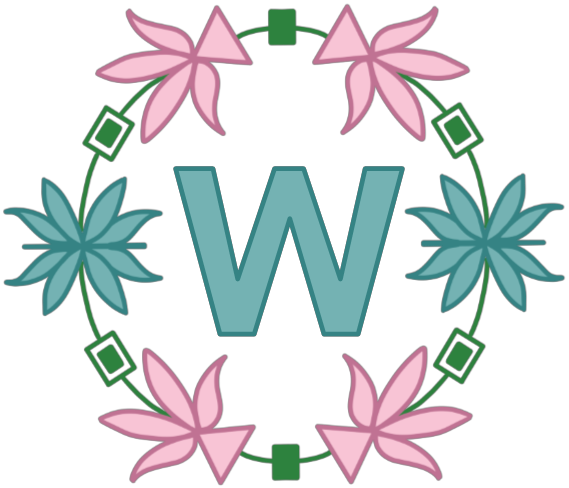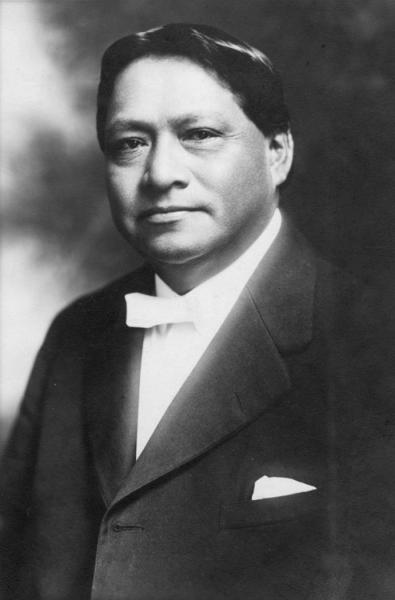Dr. Carlos Montezuma
Mentions in the recordings
-
Nakáha Ikčéwičhašta wiyóȟpeyata-itókaȟ Mojave Apache oyáte, Fort McDowell oyáŋke kiŋ én Phoenix etáŋhaŋ makháiyuthapi 35 wazíyata wiyóhiyaŋpata úŋpi oyáte tháwaičʼiyapi iwíčhayuthapi, kiŋ uŋ sdonyápi kta héčhuŋpi awáčhiŋpi wašté kʼuŋ hé waŋná henákeča, Dr. Carlos Montezuma tʼé čiŋ héuŋ. An interesting experiment in the civic assimilation of the southwestern Indian has just been closed in the death of Dr. Carlos Montezuma, a Native of Mojave-Apache, among his own people on the McDowell reservation, thirty-five miles northeast of Phoenix.
in -
Heháŋn hékta waníyetu tónana hé eháŋ Montezuma Ikčéwičhašta wóawaŋyake thawóečhuŋ kiŋ hé uŋ wíyukčaŋ, wiyóhiyaŋpata waúŋšida waŋžígži ókiyapi kʼa okíčhize ečhúŋ, Ikčéwičhašta uŋ táku yušnápi kiŋ hená nawíčhakičižiŋ kte é inážiŋ. Of late years Montezuma had been rather a problem with the Indian Bureau, against which, with the aid of eastern philanthropists, he maintained warfare, assuming for himself the place of advocate of Indian rights alleged to have been violated.
in

